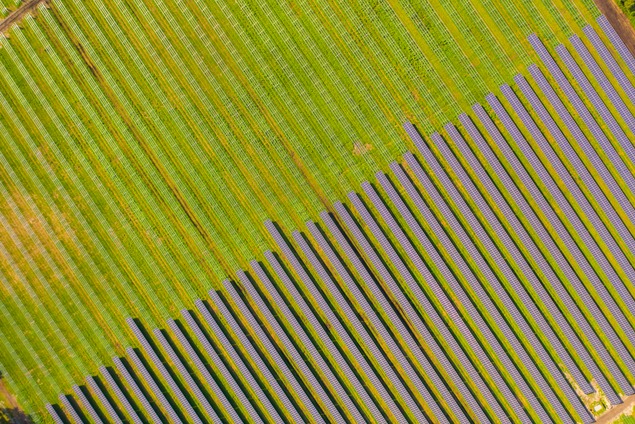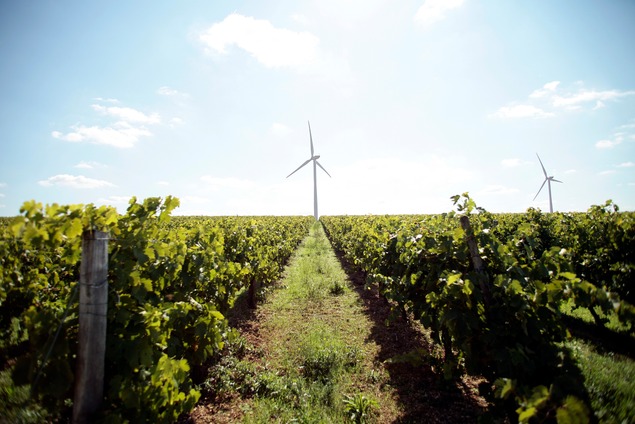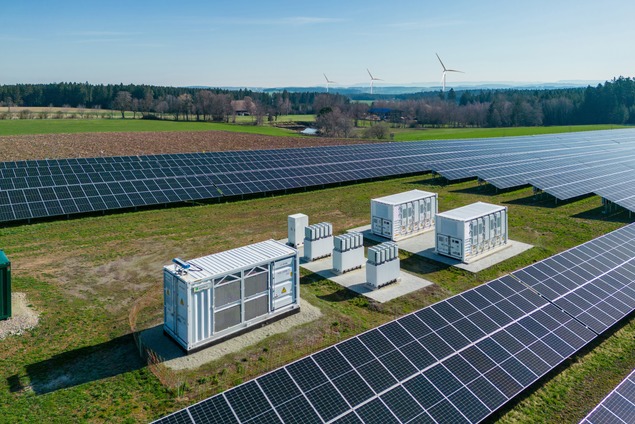What is renewable energy?
Better understanding renewable energies.
Renewable energies: Definition
Renewable energies are methods of electricity production that rely on local and inexhaustible natural resources. Renewable energies are methods of production that help combat greenhouse gas emissions, which are responsible for climate disruption.
Thus, onshore and offshore wind technologies harness the power of the wind, while solar technology uses sunlight to produce electricity.
Whether harnessing the strength of the wind or the light of the sun, both are inexhaustible natural energy sources that emit no greenhouse gases.
At BayWa r.e., we are confident that the future lies in renewable energies. In this regard, we are developing projects with and for local communities to ensure that benefits are felt locally and sustainably, addressing both current and future challenges.
Wind energy
Onshore and offshore wind energy are technologies that generate renewable electricity by harnessing the power of the wind. Wind turbines are composed of a mast with a nacelle at the top, connected to a rotor with three blades that spin when facing the wind.
Any wind turbine taller than 50 metres falls under the category of 'classified installations for environmental protection' (ICEP) and is subject to strict regulations to ensure the protection of nearby biodiversity and human activities. Thus, numerous challenges must be addressed and several authorisations obtained to construct a wind farm.
Solar energy
Photovoltaic (PV) solar power is a renewable electricity generation technology that utilises sunlight. Solar panels are modules made up of individual cells. The photons in sunlight excite the electrons in PV cells, generating direct current (DC). This DC is then converted into alternating current (AC) by inverters before being sent to the delivery station and injected into the grid.
Solar technology requires a construction permit application, an environmental impact survey (depending on the farm’s characteristics), and potentially other authorisations to ensure compliance with biodiversity and nearby human activities.
Ground-mounted solar
Solar technology involves installing solar panels directly on land that receives ample sunlight.
BayWa r.e. develops its ground-mounted solar projects on contaminated or degraded land, or repurposes abandoned land with low agricultural potential. Where possible, these projects are integrated with agricultural activities, such as sheep grazing or beehives.
Energy Storage
Energy storage using batteries is a crucial aspect of the energy transition. It plays an essential role in grid flexibility and the advancement of renewable energies. This technology enables us to:
Balance the electrical grid by offsetting discrepancies between production and consumption
Ensure a reliable electricity supply and mitigate the risk of outages or load shedding
Reduce reliance on fossil fuels
Stabilise energy costs by damping fluctuations
Integrate more efficiently renewable energy into the grid


